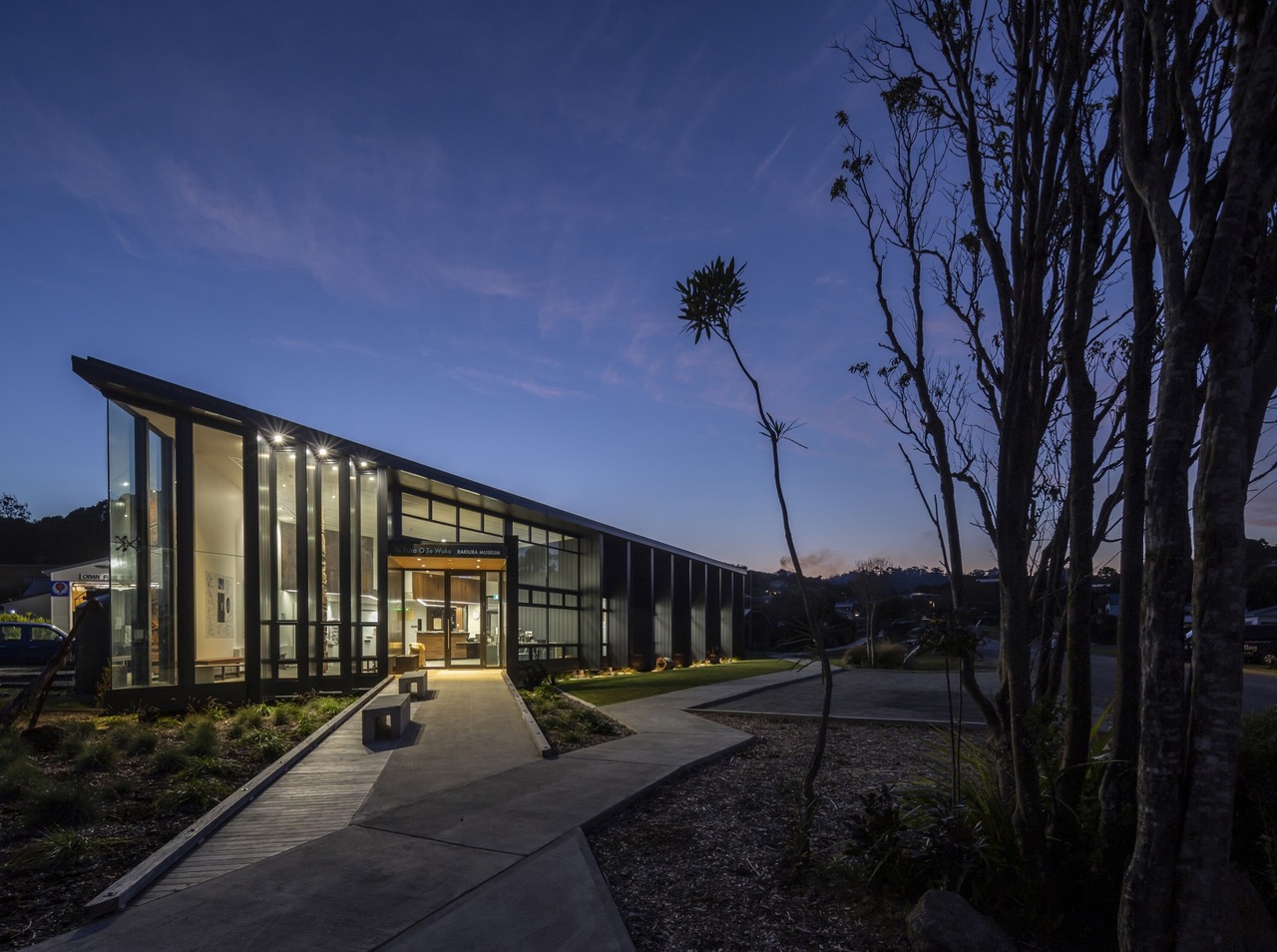
Granny Harrold: wise woman of Rakiura Stewart Island
The early days of medical care on Rakiura Stewart Island (pre- 1900).

Granny Harrold: Rakiura Stewart Island’s self-appointed nurse, midwife, and sometimes-surgeon nursed Islanders from 1863-1903. While she had no professional training, she was skilled and respected; one of many different nationalities who were attracted to Stewart Island by its opportunities and thrived on its resources.
Before the employment of trained nurses on Rakiura Stewart Island, the early settlers were dependent on the skills and experience of their families, neighbours and workmates. ‘Wise women’ were particularly valued. One such was Granny Harrold (circa 1930 - 1903). Born Agnes Grieve, of Scottish-American Indian descent, she married Captain James Joseph Harrold. Together they fostered children and set up a home, a shop, and a shipyard in Harrolds Bay and eventually the island’s first boarding house, Travellers’ Rest, on the eastern promontory guarding the approach to Halfmoon Bay - the main settlement on Stewart Island.
In her book The Stewart Islanders, Olga Sansom, herself delivered by Granny Harrold’s practised hands, described the manner in which this indefatigable woman provided nursing care to a remote community that was cut off from any professional medical practitioner by the frequently turbulent waters of Foveaux Strait and dependent on sailing ships to reach the port of Bluff.
%20Harrold%20-%20web%20size.png)
“If anyone deserves a monument on this island it’s Granny Harrold,” the mothers would insist, for she was midwife, doctor and practical friend of the people for forty years. From 1863 till 1903 she brought the babies into the world and saw the old people out of it. There were plenty of bad scares in those days too, accidents and drownings, and the scourge of tuberculosis.
“Send for Granny Harrold!” was always the urgent cry when they themselves had done what they could. There was pewter and silver in her cupboards, but medicines and wadding and clean linen for bandages too. Better than all were her skilled hands, “strong as a man’s”, and her sensible but comforting talk in times of trouble.
“He just slipt awa’ like a knotless thread,” was one of her ways of comforting a wife when death at last took over; and "the poor bairn – he’s easy now,” when a baby died. At childbirth it usually would be, “There you are – as easy as winking, wasn’t it?”
With her dog Sailor beside her, she would set out on the long walk through the bush to a sawmill to attend to illness, but more often, accidents. After just such a tramp – four hours to North Arm Mill to set a fractured leg – she refused to stay the night. She was back the next day at the mill to see her patient. No fuss, it was said, and somewhat masterful, but that gave people confidence.
Granny Harrold was a believer in herbs but as a preventive. “Don’t wait until you’re sick. Get on to it now!” One of her most popular brews (with the women only!) an inducement rather than a preventive, was her squaw tea. My mother had her first three babies the Granny Harrold way, and that included much drinking of squaw tea, “to make the labour easy.” One of its ingredients was raspberry leaves – you’ll find wild raspberries in many of the old gardens on the island – and tansy was another.
-
Rakiura Museum | Te Puka o Te Waka houses an extensive collection of items and photographs of Rakiura Stewart Island's early history.


